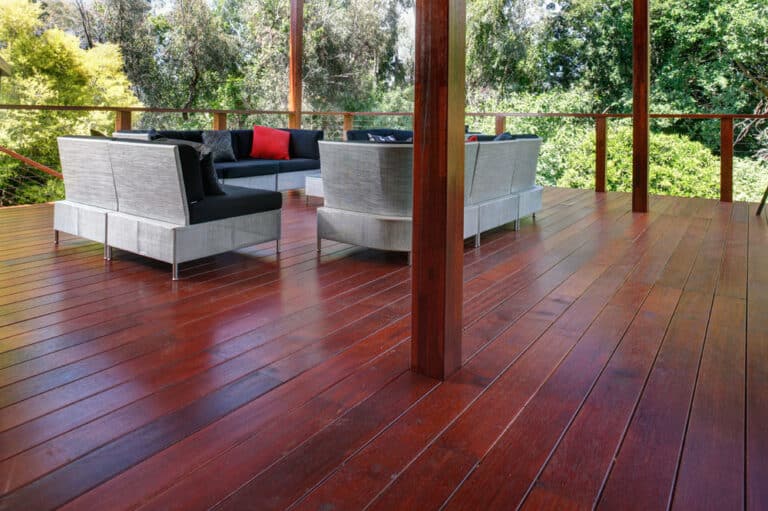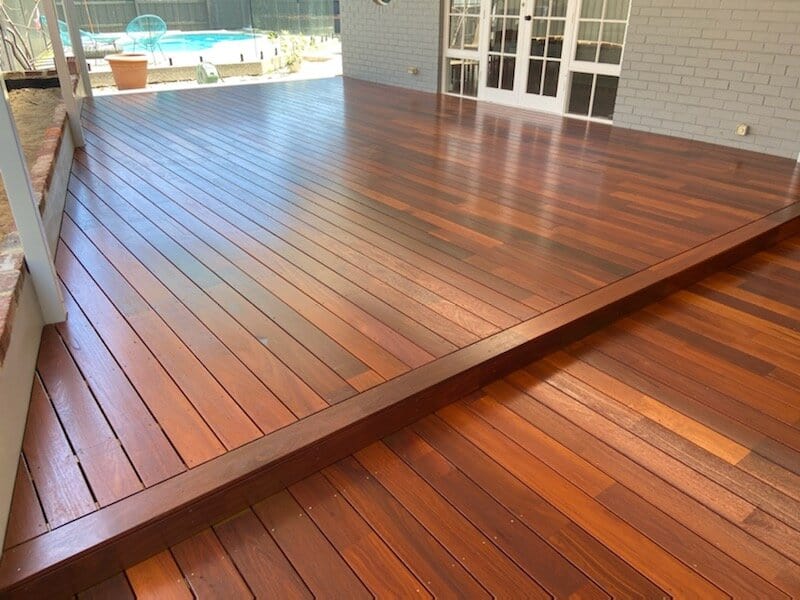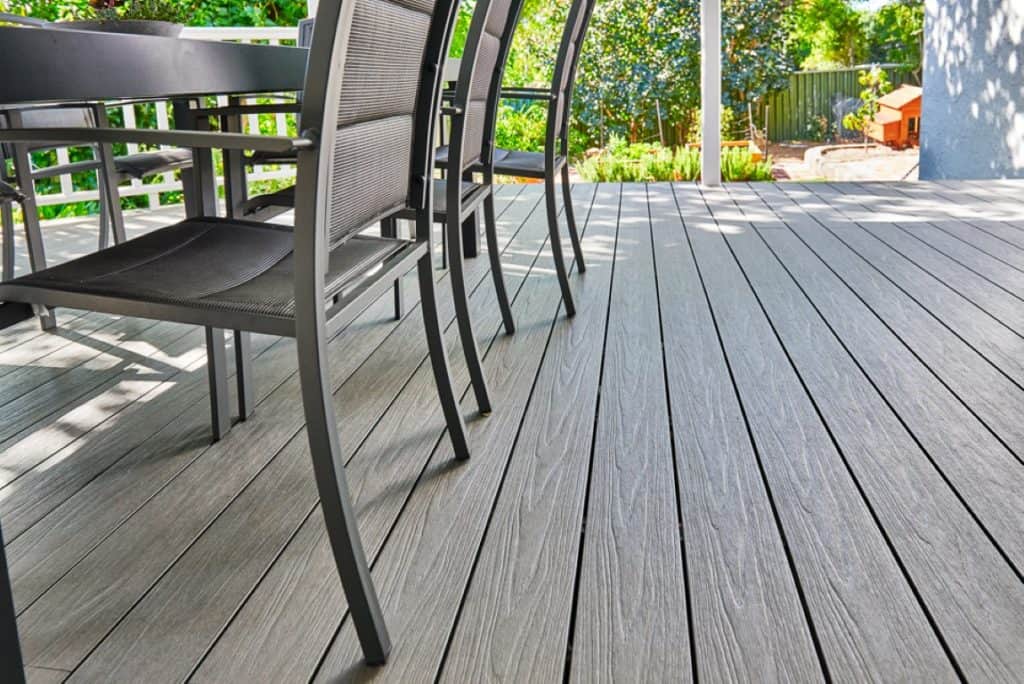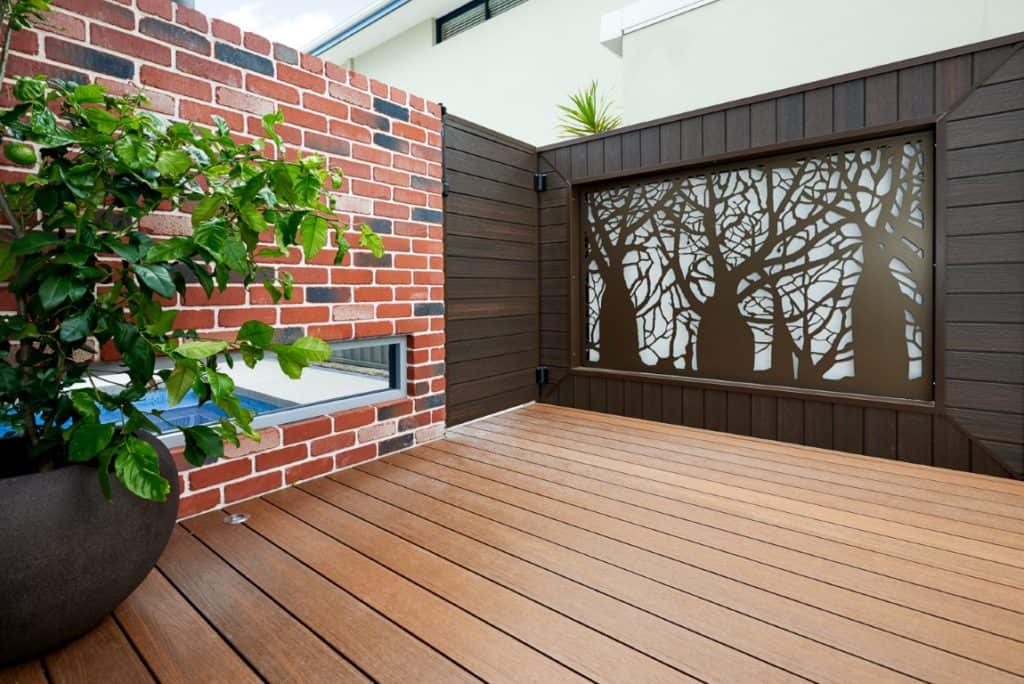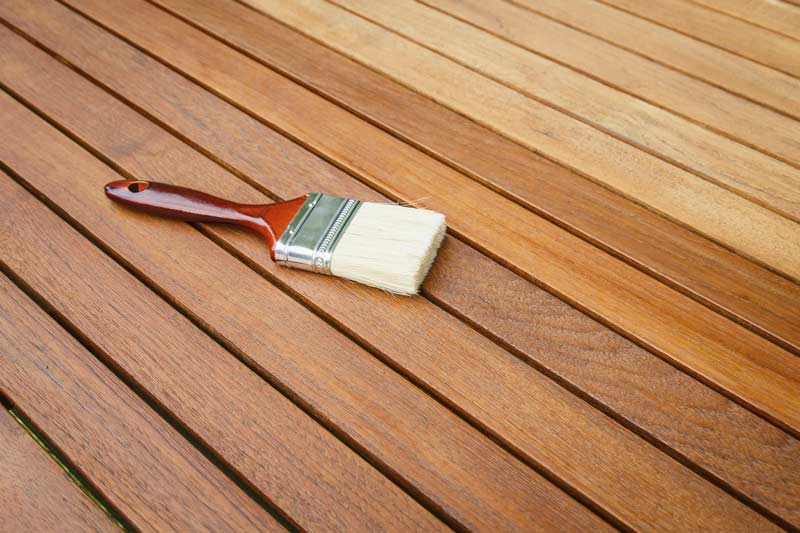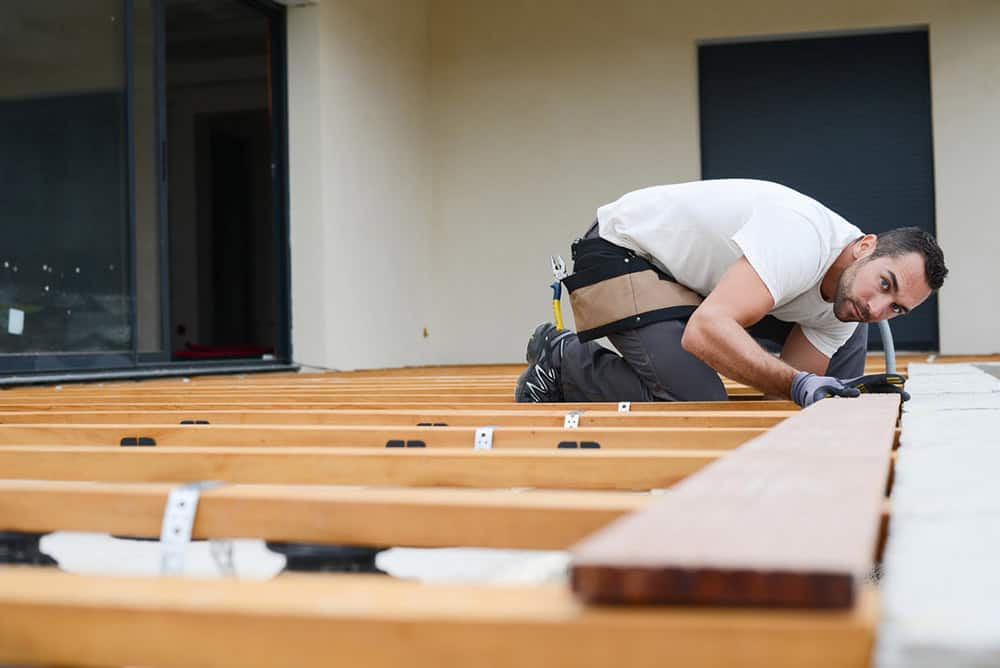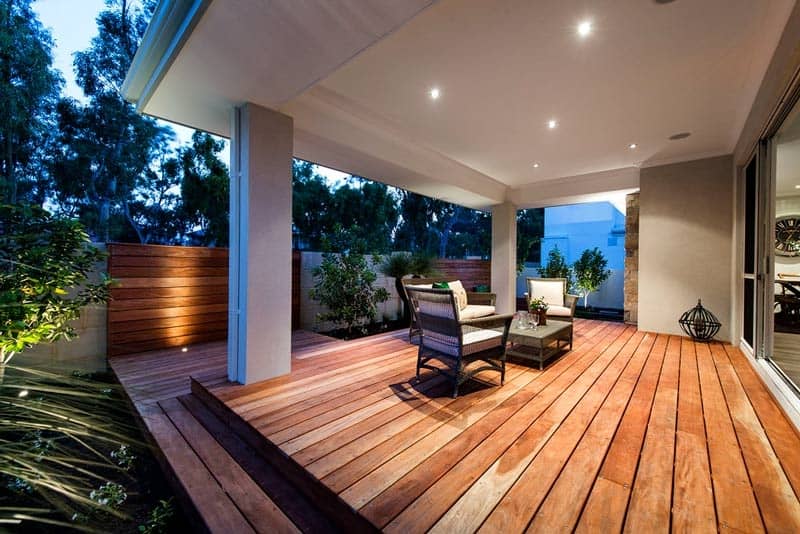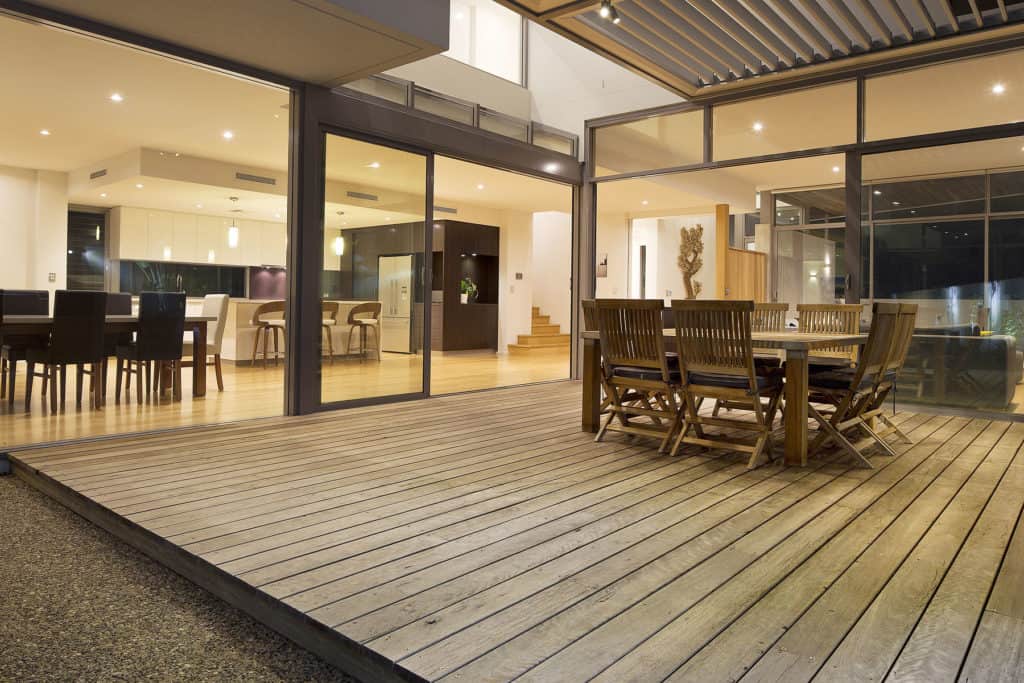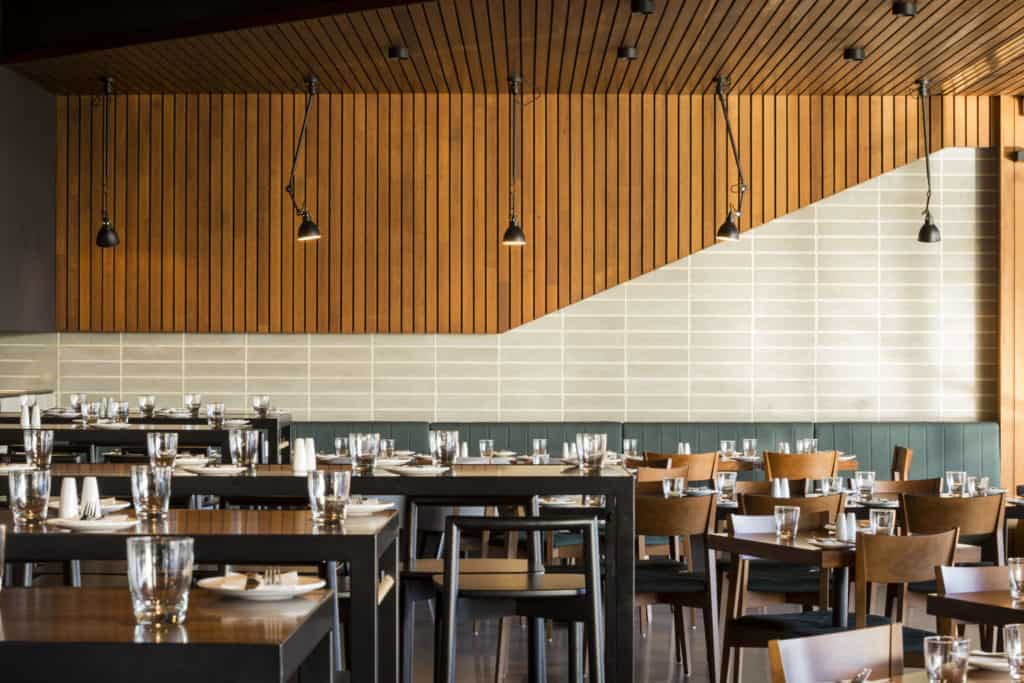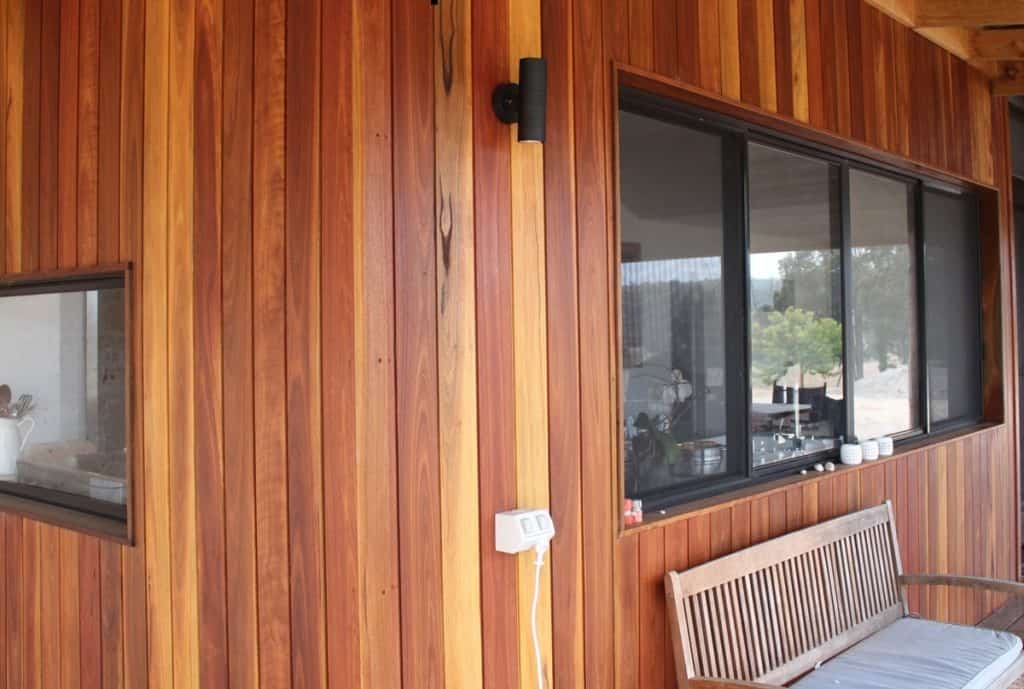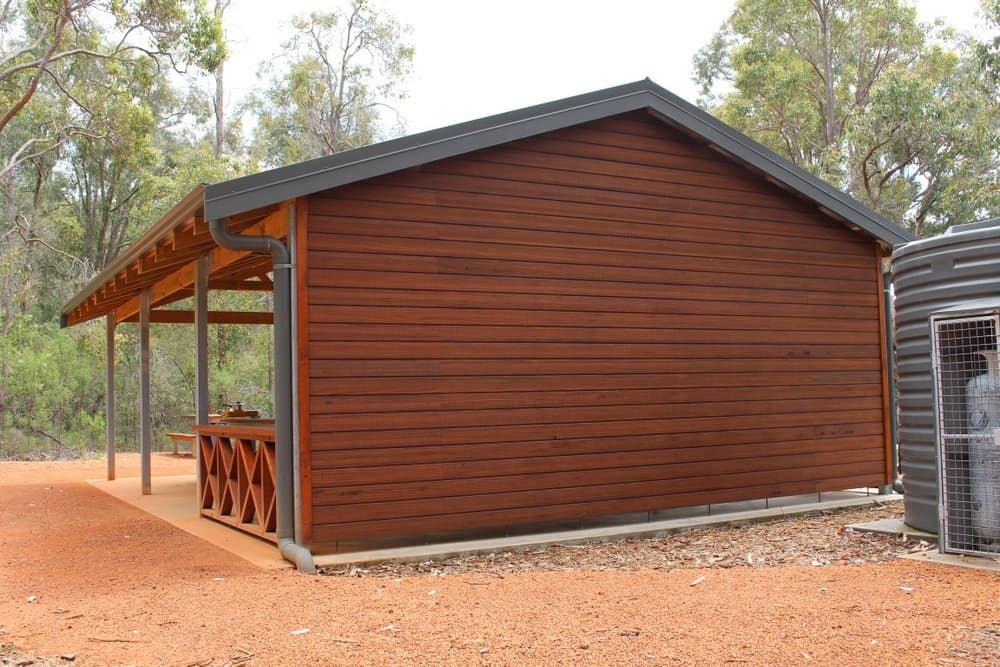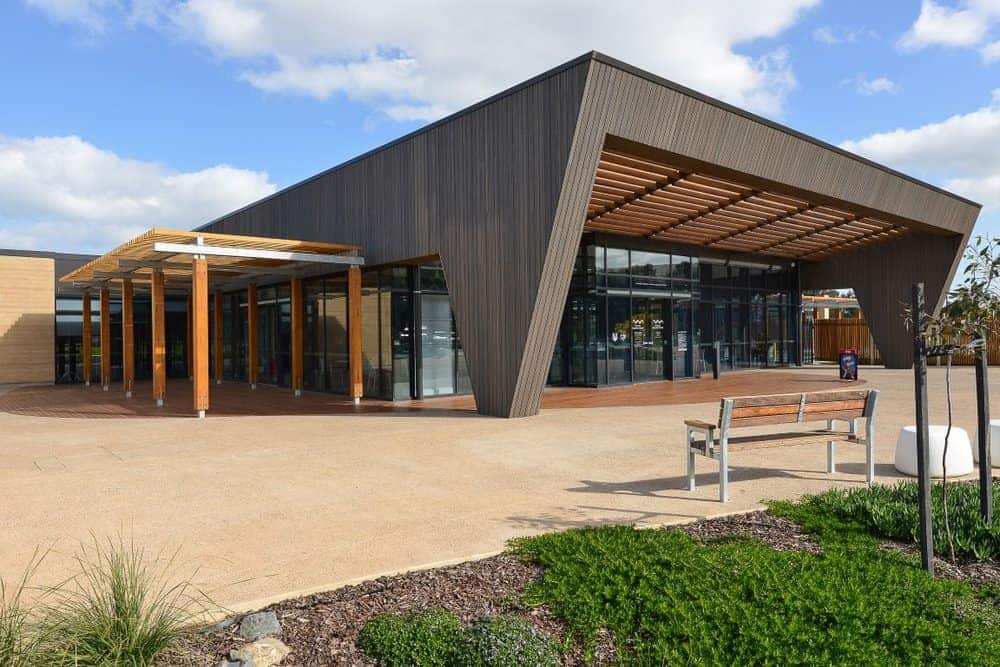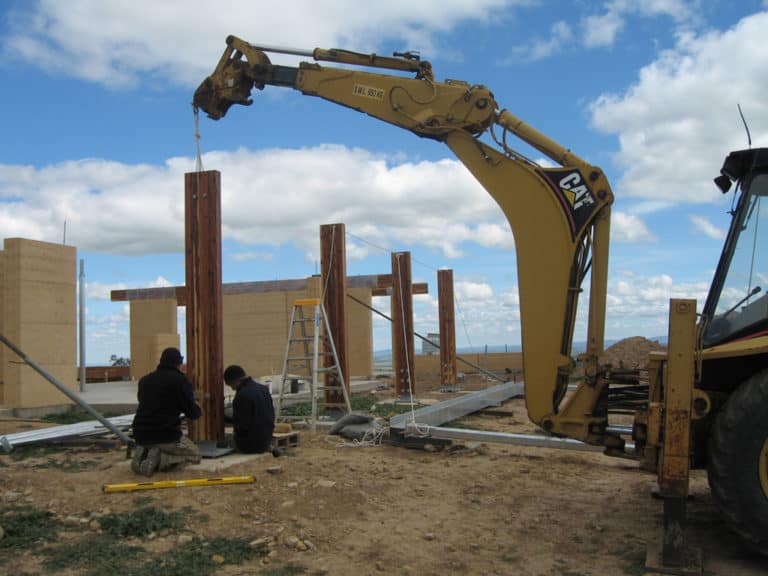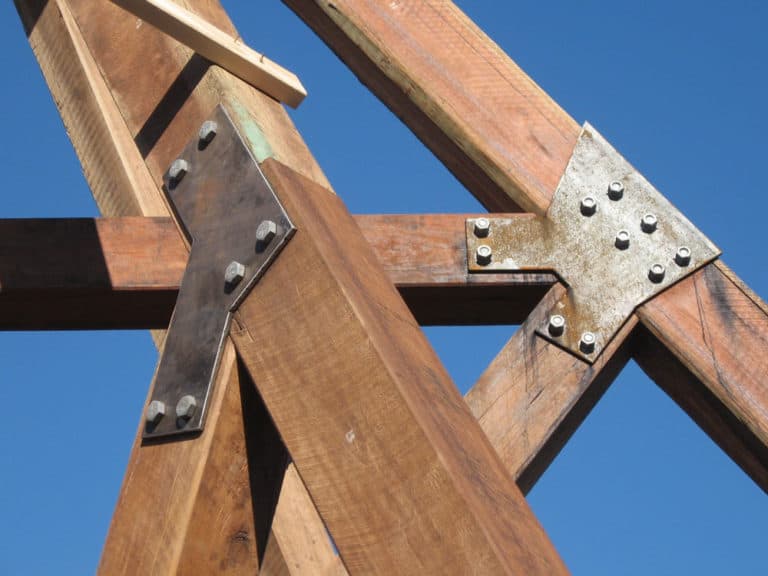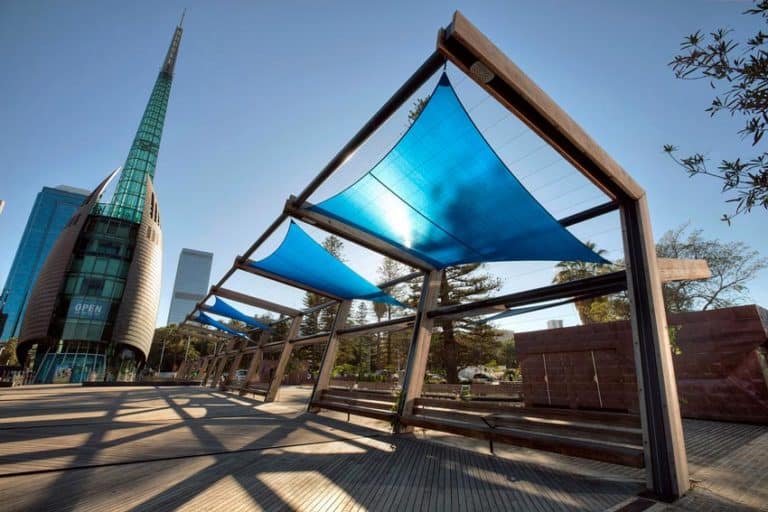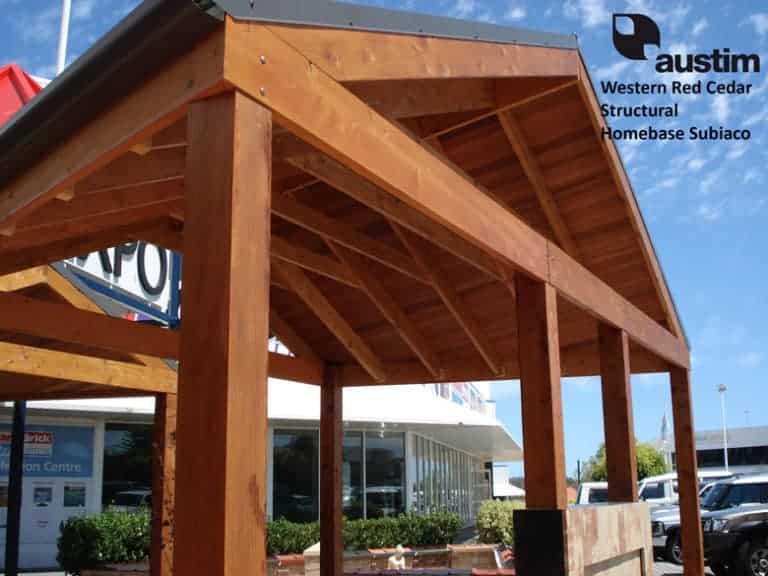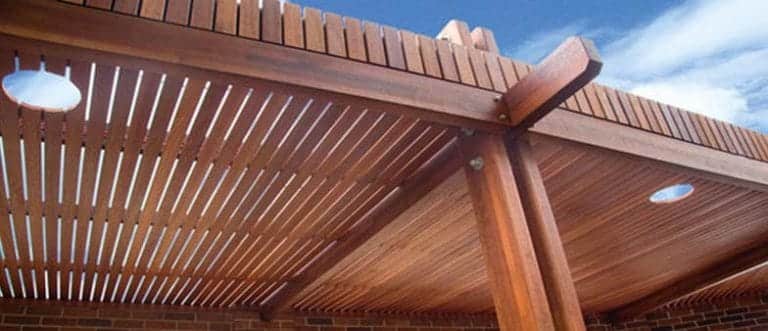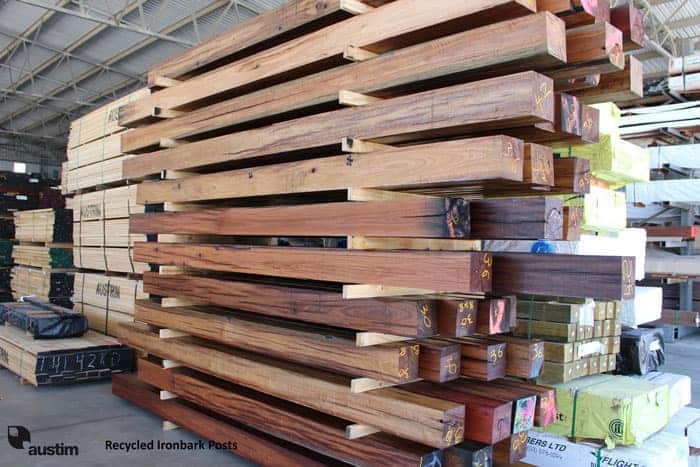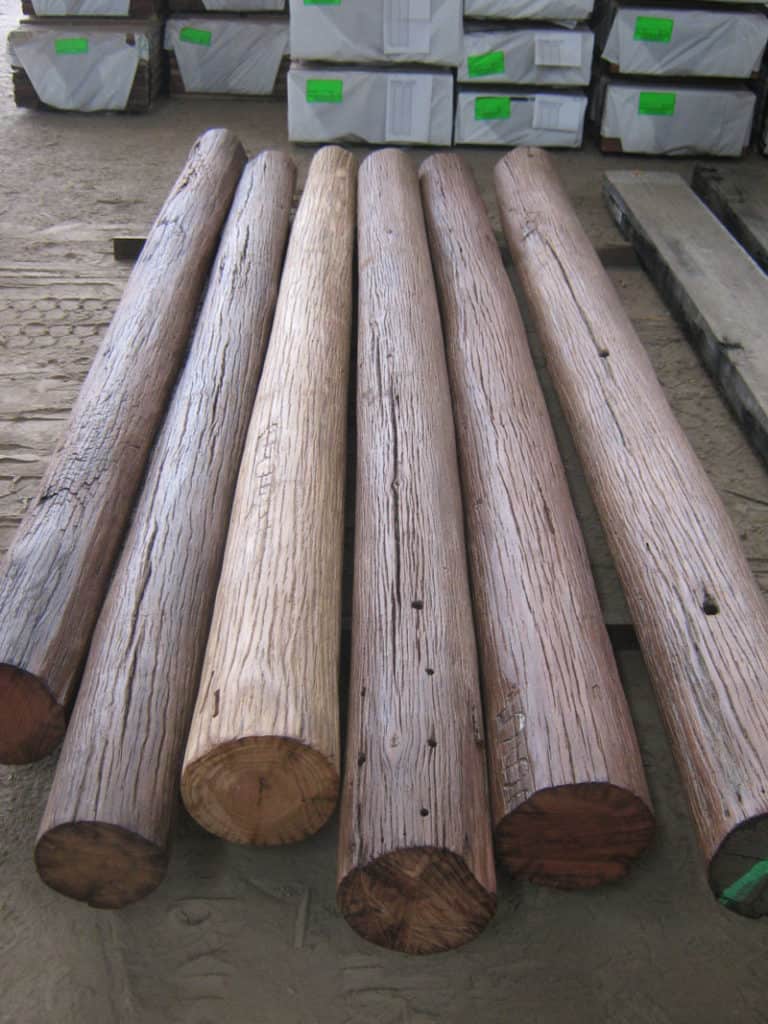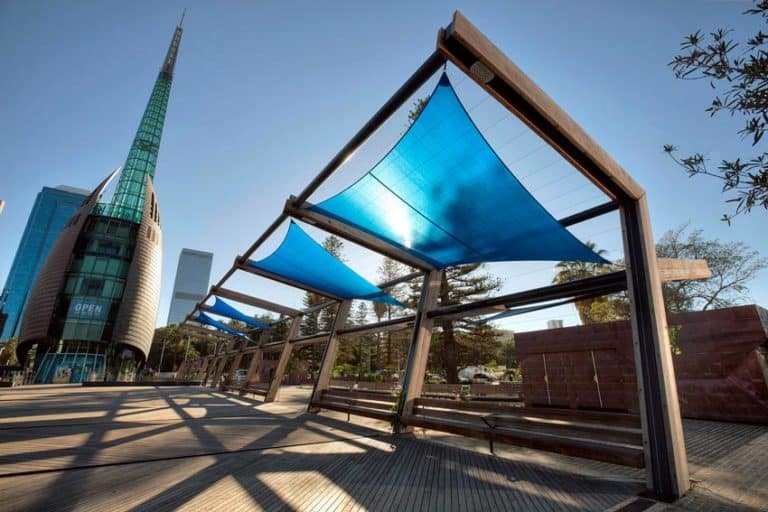Of all the materials used in building and manufacturing, timber is one of the most versatile and widely used. But with all the various grades, strengths and colours, choosing the right timber can be confusing. What looks good may not be the best structural timber for your project.
To help you choose a timber that suits your tastes and project, we’ve split the timbers into two categories, hardwood vs softwood. Each type of timber has clear benefits and preferred uses. So, which timber is best for you?
Why choose Hardwood Timber?

Hardwood timber is ideal for internal and external applications requiring an attractive, natural appearance. It has many benefits over softwood, including:
Durability
Hardwood timber is known for its exceptional strength and durability, making it suitable for long-lasting projects like decking.
Density
Hardwood timber has a higher density compared to softwood, which contributes to its strength and ability to withstand heavy loads.
Wear Resistance
Due to its dense nature, hardwood timber is more resistant to wear and tear, making it suitable for high-traffic areas and heavy-use applications.
Attractive Appearance
Hardwood timber often features beautiful grains and rich colours, adding an aesthetic appeal to various applications, such as furniture and joinery.
Versatility
The versatility of hardwood timber means it can be used for a wide range of applications, including construction, furniture, decking, boat building and interior finishes.
Stability
Hardwood timber tends to be more stable than softwood, meaning it is less prone to warping, shrinking or expanding with changes in temperature and humidity. This stability is particularly valuable for applications like flooring and joinery.
Resistance to Decay and Insects
Many hardwood species possess natural resistance to decay and insect infestation, making them suitable for outdoor applications without the need for chemical treatments.
Fire Resistance
Hardwood timber generally has better fire resistance compared to softwood, making it a safer choice for construction purposes.
Longevity
Due to its durability and resistance to decay, hardwood timber products often have a longer lifespan, reducing the need for frequent replacements.
Benefits of Softwood Timber
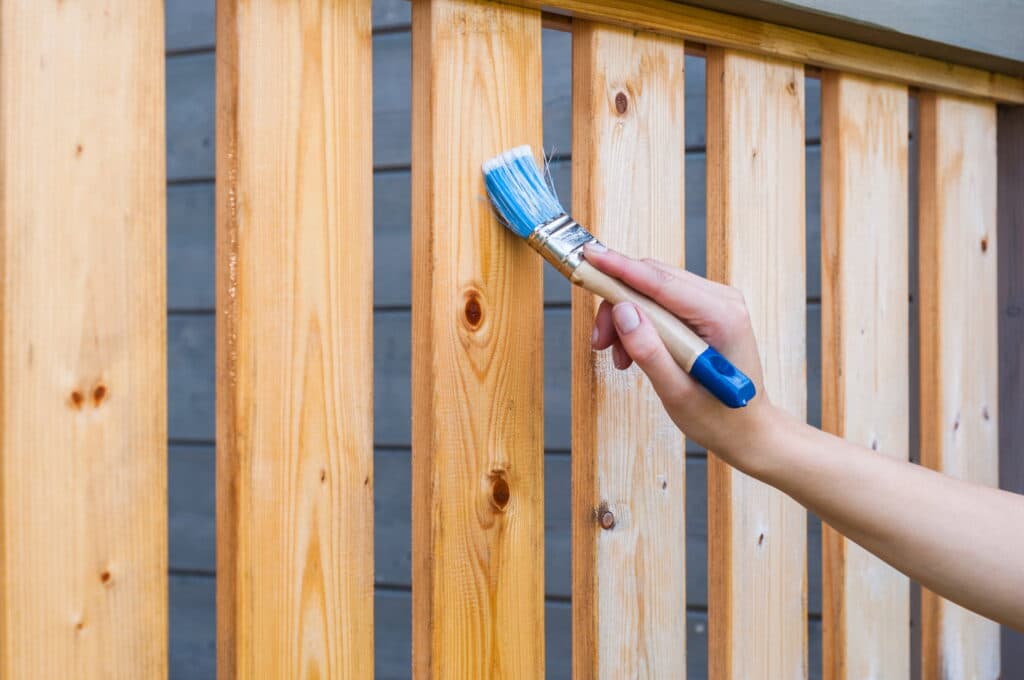
Logging restrictions on certain hardwood species has potentially shed more light on softwoods lately. However, it’s important to understand the advantages of softwoods before you begin your project.
Cost-effectiveness
Softwood timber is often more affordable than hardwood timber, making it a cost-effective choice for various applications, including construction, fencing and packaging.
Availability
Softwood trees, such as Pine, grow at a faster rate compared to hardwood trees. This makes softwood timber more readily available in the market.
Workability
Softwood timber can be easier to work with due to its lower density and lighter weight. It can be cut, shaped and nailed more easily, making it suitable for DIY projects and construction where ease of handling is important.
Sustainability
Softwood trees typically have shorter growth cycles, which means they can be harvested and replenished more quickly compared to hardwood trees. When sourced from sustainably managed forests, softwood timber can be an environmentally friendly choice.
Thermal Insulation
Softwood timber has better thermal insulating properties compared to hardwood, making it a suitable material for construction applications where energy efficiency is important.
Accepts Finishes
Softwood timber tends to accept finishes, such as paints, stains and varnishes, more readily than hardwood. This allows for a greater variety of finishing options to achieve the desired aesthetic.
Lightweight
Softwood timber is lighter in weight compared to hardwood, which can be advantageous in applications where weight is a consideration, such as in construction or transportation.
While we can’t categorically say that one timber is superior, it’s clear that each has multiple benefits.
With its exceptional strength, durability and wear resistance, hardwood timber is a good choice for long-lasting and visually appealing projects. Its stability, resistance to decay and insects, as well as its fire resistance further enhance its suitability.
On the other hand, softwood timber is cost-effective, easy to work with and widely available. Softwood timber’s sustainable growth cycles contribute to its environmental friendliness, and its insulation properties can enhance energy efficiency.
If you need assistance choosing the right timber for your project, talk to the experts at Austim. As Perth’s leading timber supplier, Austim stocks a wide selection of timber products and can help you select the perfect timber for your project and budget.

